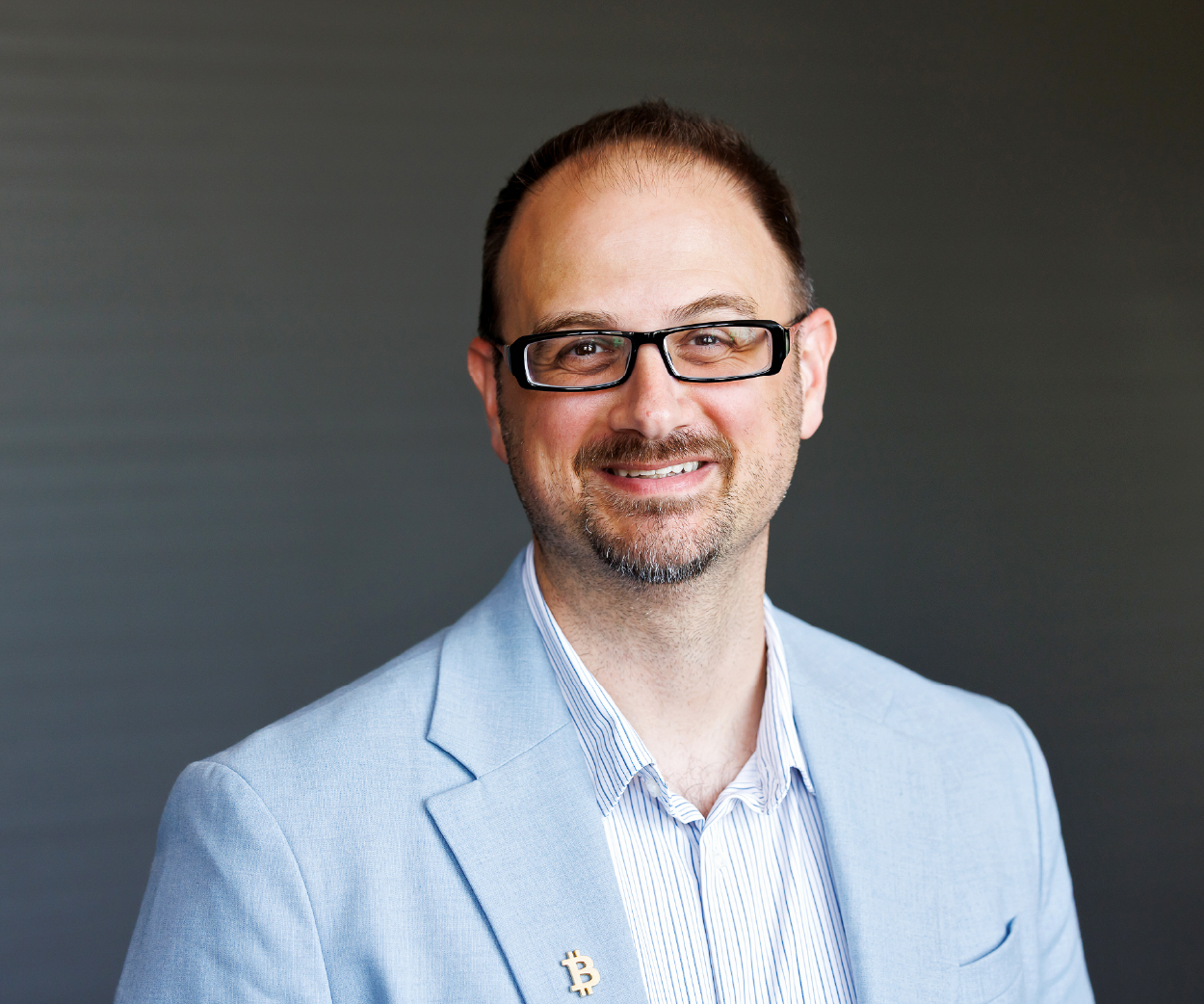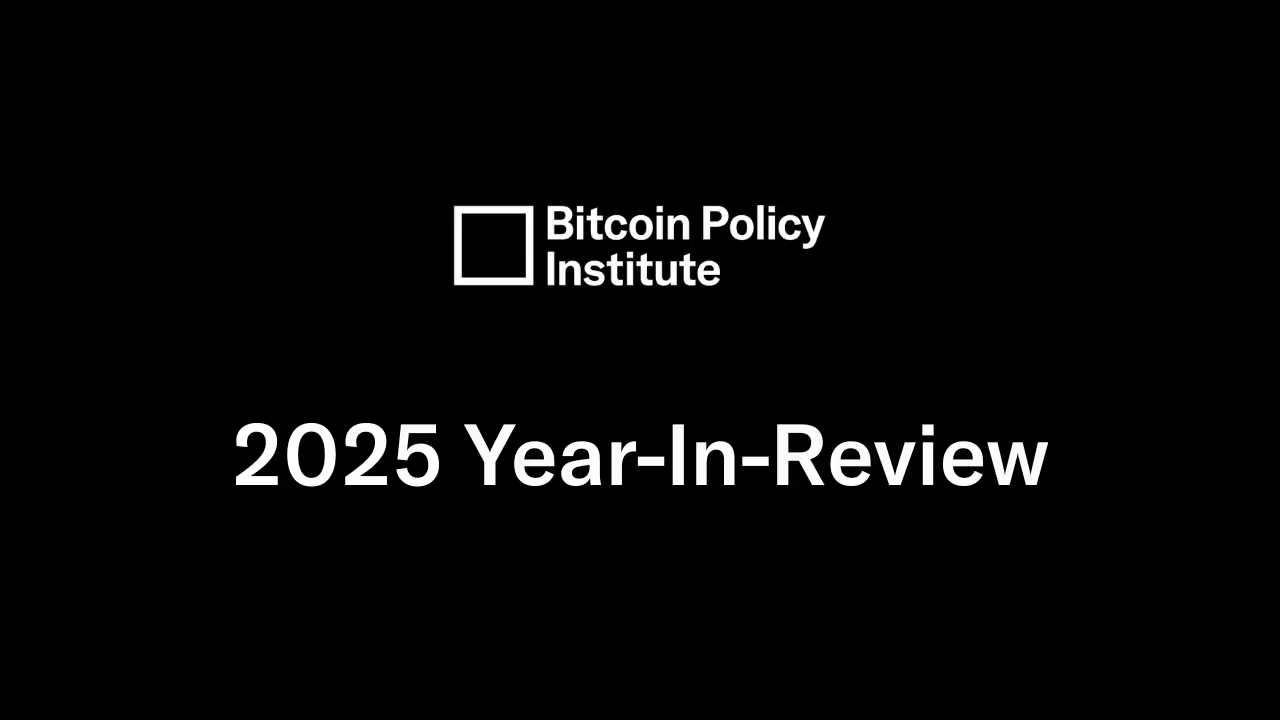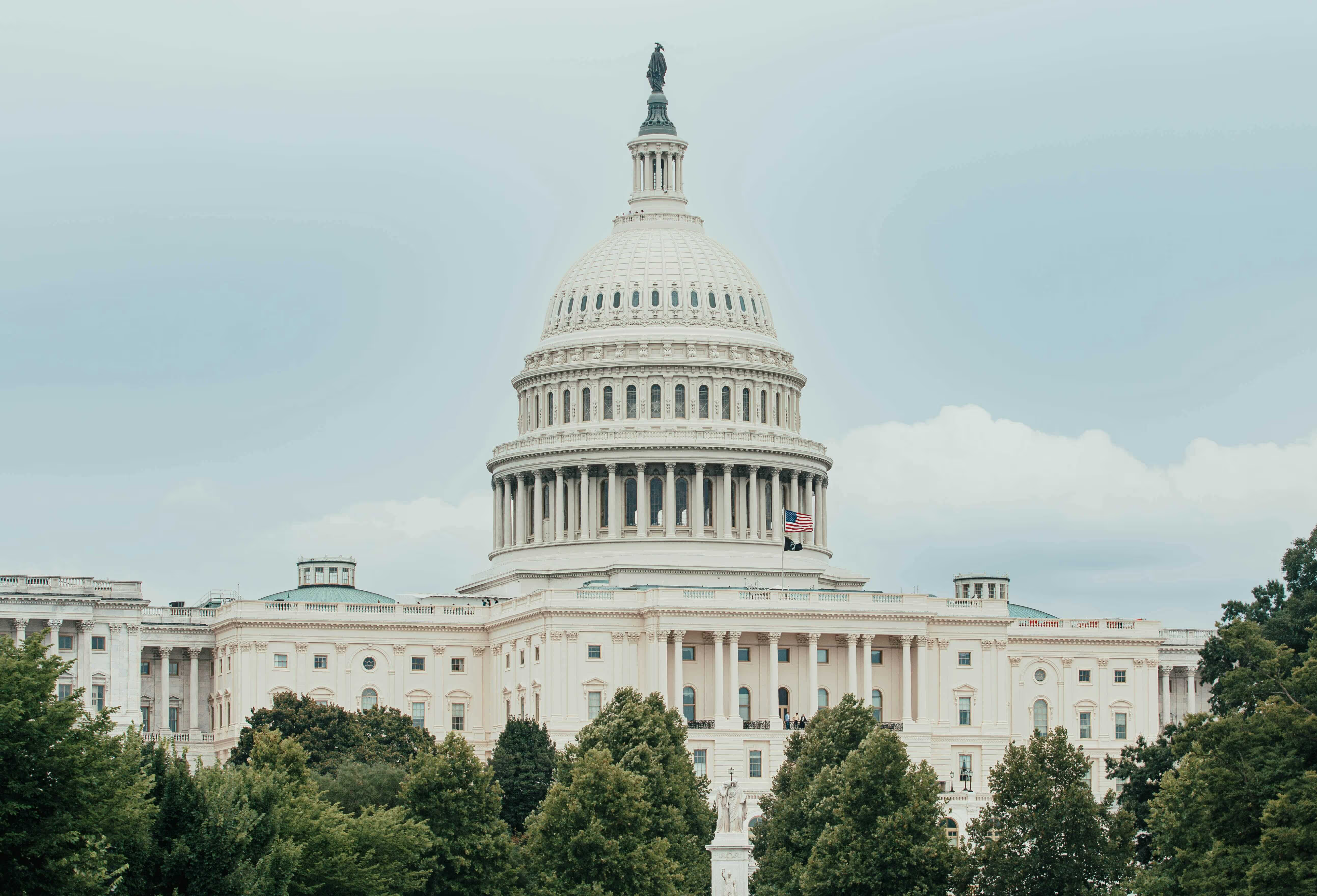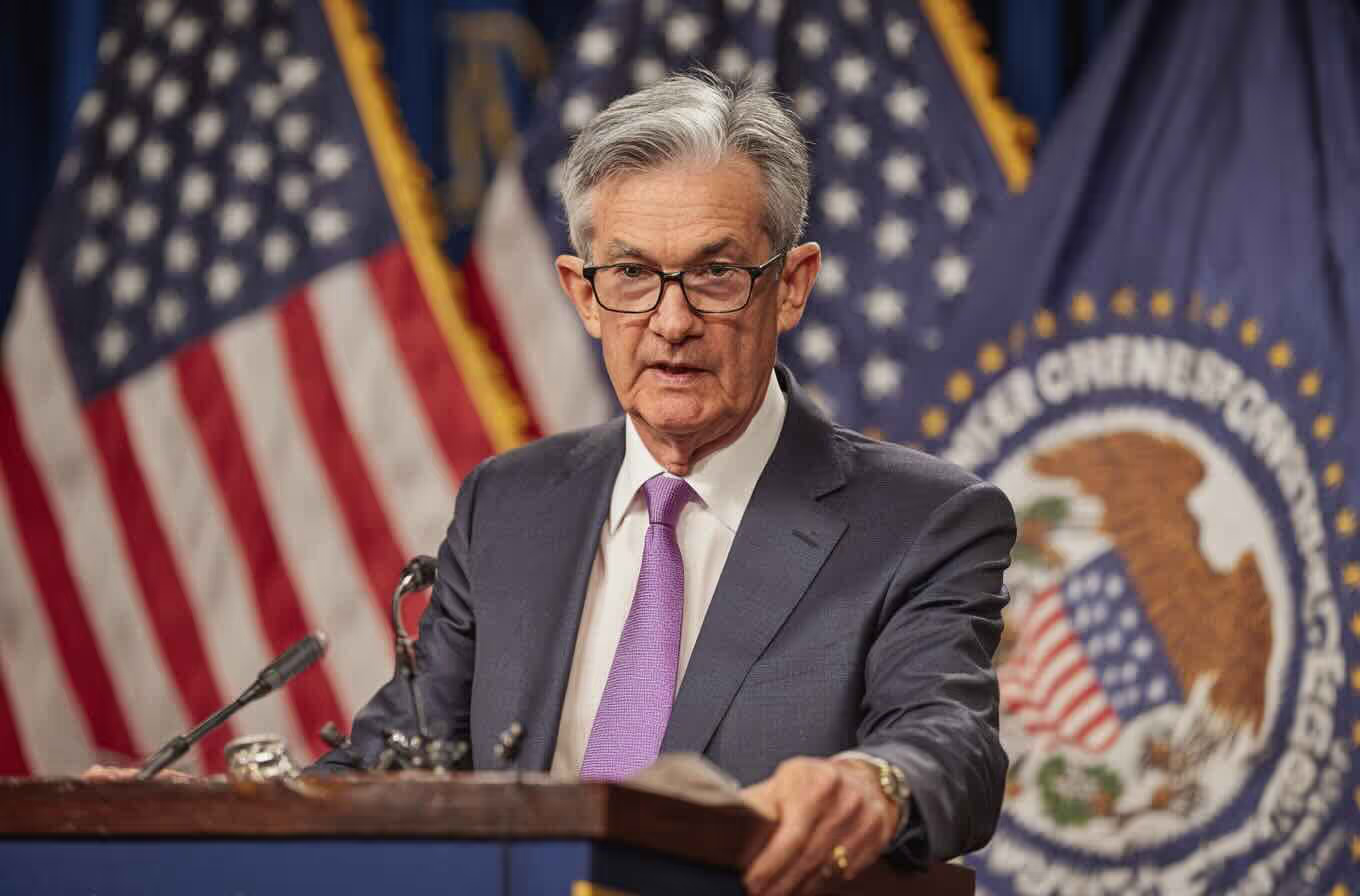NO MORE DEBANKING, PART 2: PRIVATE CENSORSHIP
BPI Senior Fellow Andrew Bailey unpacks the issue of debanking in the Bitcoin Policy Institute’s latest three-part blog series.
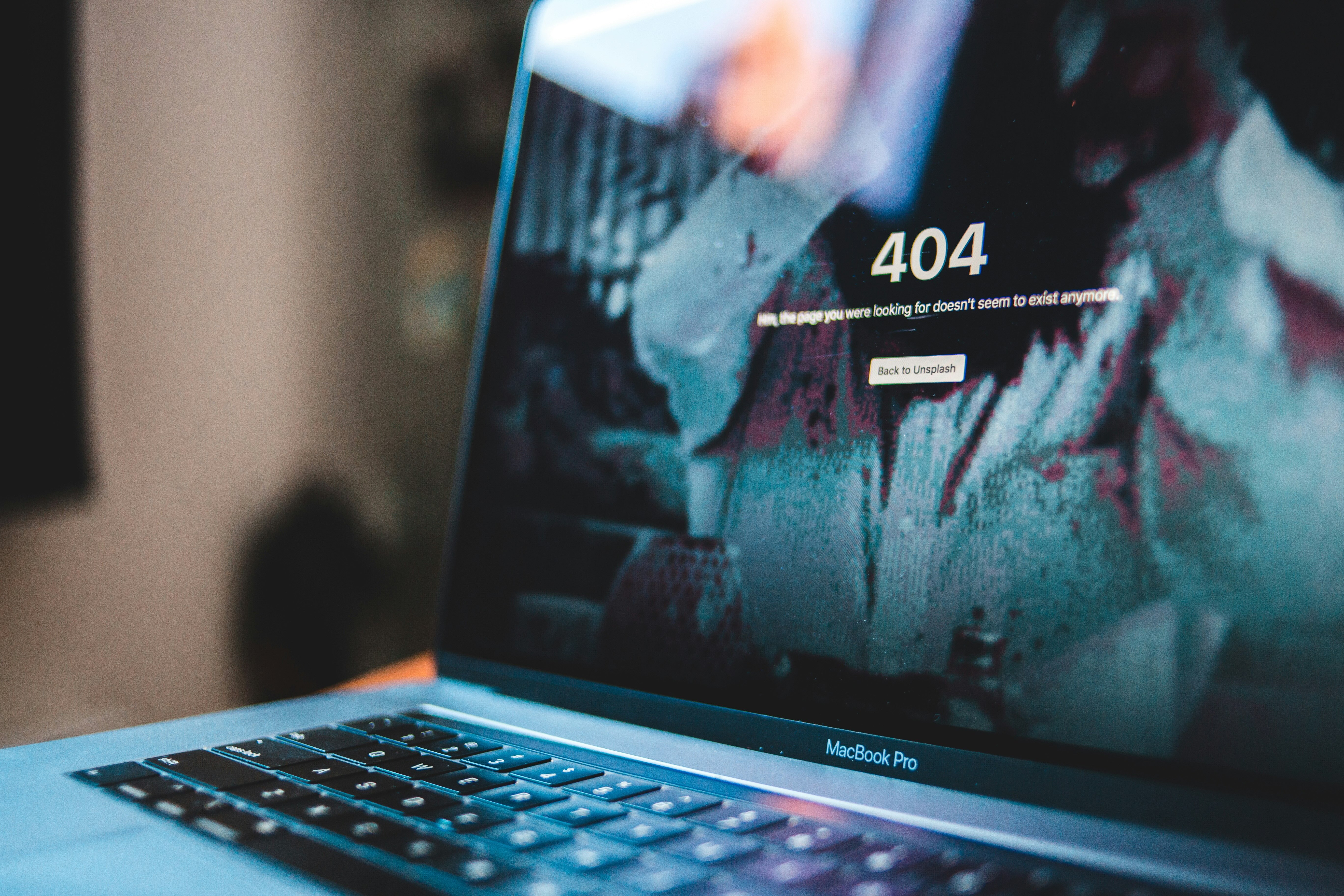
Another kind of debanking happens, not at the behest of public regulators, but from private firms acting on their own, as when commercial banks, payment processors, or other financial service providers block access to law-abiding users.
Patreon bans payments to content creators who represent ‘Dangerous Organizations’ or who spread hate. Support a disfavored conspiracy theory, even on another platform? You’re out.
Stripe is the largest privately-owned fintech firm in the world and processes an appreciable fraction of all internet payments: about a trillion dollars a year. Whether you know it or not, you’ve probably used their services. And as you might guess, Stripe maintains a long list of industries and products its platform does not permit: timeshare services, hydroponic equipment designed for growing marijuana, telemarketing, certain toy weapons, bankruptcy attorneys, and more.
Famously, in 2022, PayPal apparently threatened to block transactions involving the promotion of ‘misinformation’, and even to impose fines of up to $2,500 for those thought to be guilty of such. Despite withdrawing portions of that ban due to backlash (they said it was a mixup; skeptics were, well, skeptical), PayPal to this day prohibits lawful payments associated with racial intolerance, medical devices, obscene content, tobacco products, and more.
One may be forgiven for thinking that it is bad to spread misinformation or racial intolerance, to sell tobacco products, to donate to dangerous organizations, to support conspiracy theories, and so on. These activities are indeed politically disfavored, and distasteful to many.
But these activities are legal in the United States, where Patreon, Stripe, and PayPal are domiciled. There is no law against supporting dangerous organizations. Conspiracy theorizing is not only an important element in the American founding story; it is lawful. Bankruptcy attorneys are legally permitted to sell their services. Indeed, we can say something even stronger in many of these cases. The conduct at stake is not only legal; it is legally protected. For the first Amendment protects freedom of speech, which includes hate speech, and all sorts of false speech besides.
The point is not that the First Amendment prohibits Patreon, Stripe, or PayPal from engaging in financial censorship or exclusion. It doesn’t. Rather, much of the conduct these platforms wish to disassociate from or discourage is itself unambiguously lawful, as per the highest law of the land. It’s not as though Patreon or Stripe simply hope to avoid doing business with criminals by enforcing these rules, in other words; their rules go well beyond the law.
And the fact that these firms are private does not in any way suggest that their rules do not constitute debanking, and thus as a kind of censorship. As Purdue University’s J.P. Messina has convincingly argued in a recent book, ‘private censorship’ is itself a coherent and useful category, and many of the usual arguments against state censorship apply to large firms as well. We rightly worry when powerful states decide what constitutes ‘misinformation’, which organizations or causes are ‘dangerous’, which kinds of facts or theories may be shared, and so on. It is no mistake to harbor similar worries about powerful corporations and whether they should be empowered to decide who may engage in payments.
The power to censor is dangerous; it is best kept under lock and key, safe from would-be authoritarians in both the public and private sectors.
In Part 3, we’ll look at remedies to these problems.



.svg)
